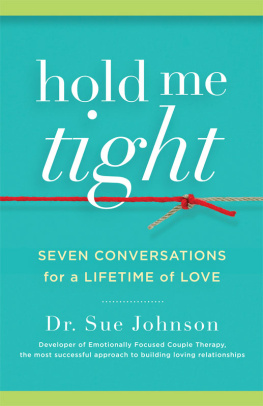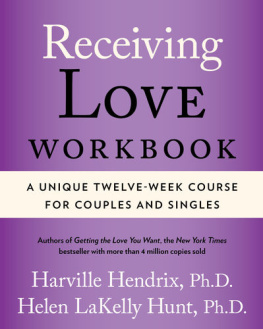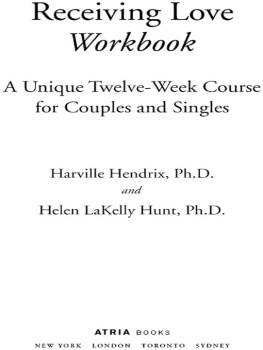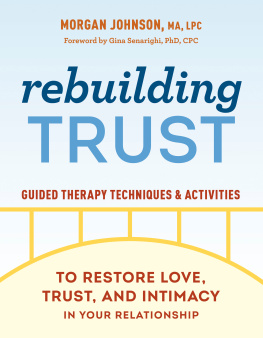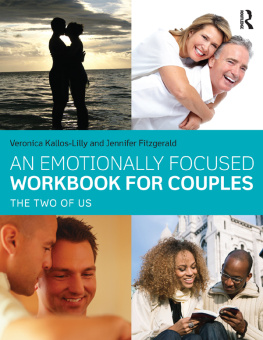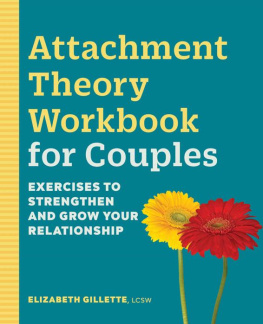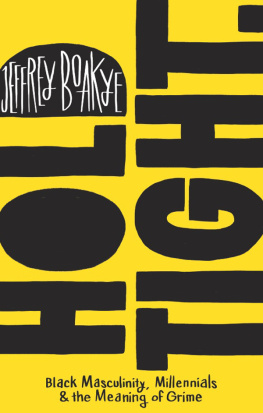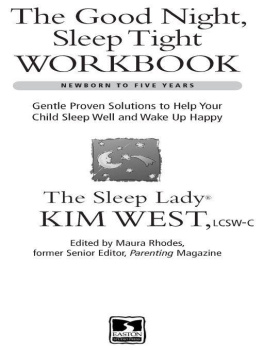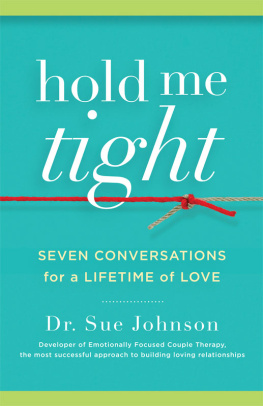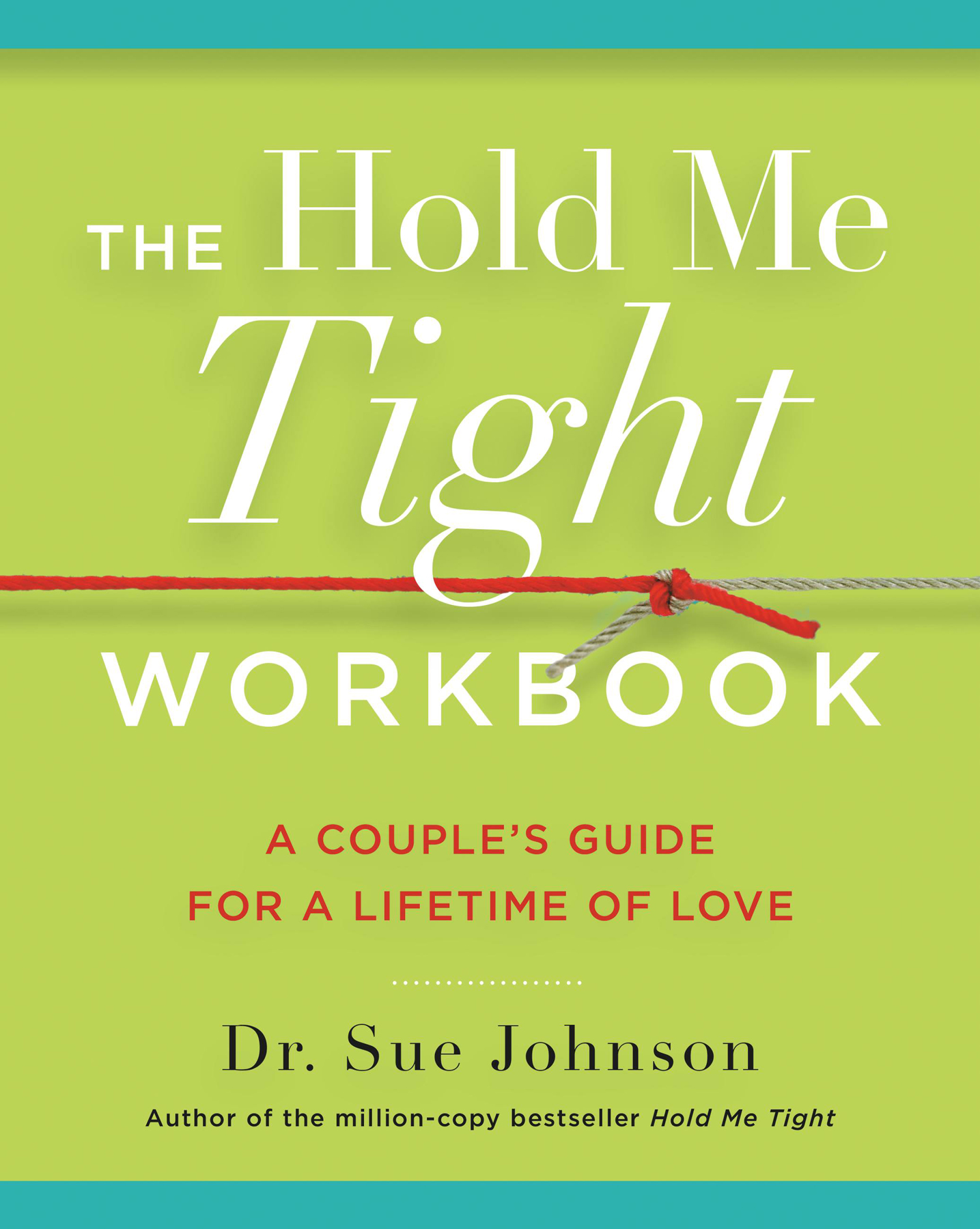A cross human history, the consensus has generally been that romantic love is, and always will be, a mysterysomething by its very nature unknowable. Perhaps because love seems so baffling and unruly, our culture appears to be losing all faith in the viability of stable romantic partnerships. Skepticism and pessimism regarding long-term love have always been with us. But now I think we can agree that those feelings have been compounded by a new kind of stressone weve never known before nowthe stress of the COVID-19 pandemic and its aftermath, a world in a state of flux.
The time of lockdown and recovery has affected relationships of all kinds. For some couples, it was a time of coming together, regrouping, and reconnection. For others, close confinement, uncertainty, and managing virtual work and school put a strain on already fragile bonds.
As a clinical psychologist, couples therapist, and relationship researcher, I have grown increasingly alarmed and frustrated by where we are and where we seem to be going. I attend conferences that are led by gurus who preach new and shiny ideas about how we work through and resolve issues in coupledomyet none are rooted in science and biology. For the past forty-plus years, Ive been in search of empirical evidence regarding the way we form attachments, what makes us feel secure, and how to bridge the gap of couples varying attachment needs and fears. I have always believed that love is exquisitely logical and understandable, adaptive and functional. Even better, it is malleable, reparable, and durable. This belief in the science of love was what inspired me to create Emotionally Focused TherapyEFTwhich is at the center of my 2008 book, Hold Me Tight: Seven Conversations for a Lifetime of Love.
I realize that for couples in distressed love relationships, science is the last thing on their minds. It is not the path they think to take to return to their healthy state of secure attachment and bonding with one another. But to echo a popular recent catchphrase, we need to believe the science.
Consider the brain scan study done with psychologist Jim Coan from the University of Virginia: Women patients having an fMRI brain scan were told that when a little red light in the machine came on, they might receive a small electric shockor they might not. As they anticipated this potential shock, their partners were prompted to hold their hands and speak words of compassion and love to them. Coan found that encouraging words and touch from a loved one completely changed how their brain responded to the threat of shockand to the shock itself. Patients registered less stress and felt less pain.
Based on what this experiment and hundreds of other studies like it show, being bonded with a loved one acts as a buffer to pain and distress. So it is precisely this time in our history when romantic love should be more important than ever. The aftermath of the pandemic has led to an epidemic of loneliness, anxiety, and depression. Today, adult partnerships are often the only real human ties we can count on in our virtual and frenetically multitasking world. Moreover, we seem, in so many ways, to be working actively against our desire for love and commitment. Our society exalts emotional independence, and were constantly exhorted to love ourselves first and foremost. Its a growing trend that worries me, and in the past few years, Ive felt the call to offer couples an additional resource that can help them rediscover one another and strengthen their bond.
I also have become even more firm in my belief in EFTs universality, and how the research on its effectiveness proves that we are more alike than different. Over the decades, Ive seen firsthand how EFT has helped couples, no matter their race, ethnicity, faith, sexual orientation, gender identity, or political affiliation. Ive heard from couples all around the world, from a tapestry of experiences and worldviews: from Muslim couples in Egypt to Evangelicals in the Southern U.S.; white, Black, cisgender, and queer. Whatever our differences, its clear that every human being is wired for connectionwe all share common needs to be seen, valued, and supported by others. Now more than ever, thats a truth we need to be reminded of.
WHY A WORKBOOK? WHY NOW?
Context, practice, process. These are the ways we learn, teach, grow, and expand ourselves. Without these things, we just hear words, lectures are just moments of preachiness, and facts without stories are fast forgotten. In Hold Me Tight and my subsequent book Love Sense, I offered my lifetime of research, principles, and findings, along with case studies of dozens of couples who have benefited from EFT in their relationships. I combined and analyzed the clinical studies, laboratory experiments, and applied therapies of my own and of other scientists who have proven that love is our basic survival codean essential task of our mammalian brain that compels us to read and respond to others. But just as a physical therapist would need to touch and prod your aching body to find out the source of your pain, EFT can only heal a distressed couple when their relationship can be touched and manipulated, tested and experienced. This workbook is based on my book Hold Me Tight: Seven Conversations for a Lifetime of Love, which has been translated into twenty-four languages and has sold more than one million copies. I also developed the Hold Me Tight Relationship Education Program based on the book, which has also been translated into a variety of languages and is facilitated in many countries across countless cultures. Having been adapted for specific groups such as Christian couples, families with teens and with adult children, and couples facing cardiac disease, the program is also now available in an online format. This workbook takes the Hold Me Tight theories and shows you how to apply them to your specific relationship, to use on an everyday basis. You provide the context and Ill lead you through the practice and process.


